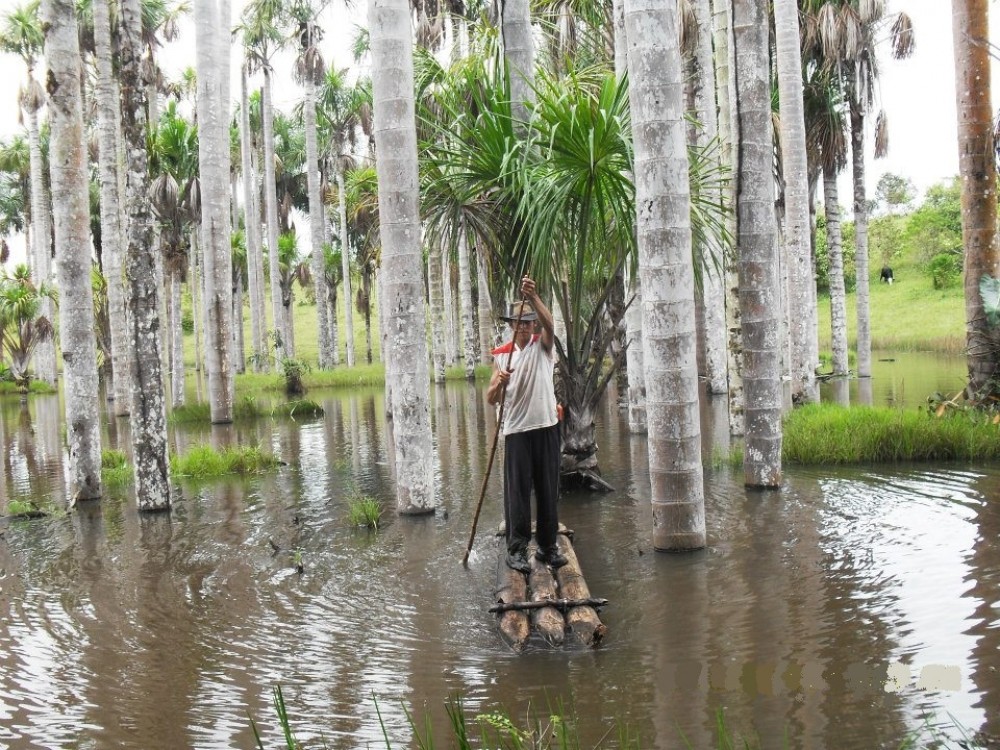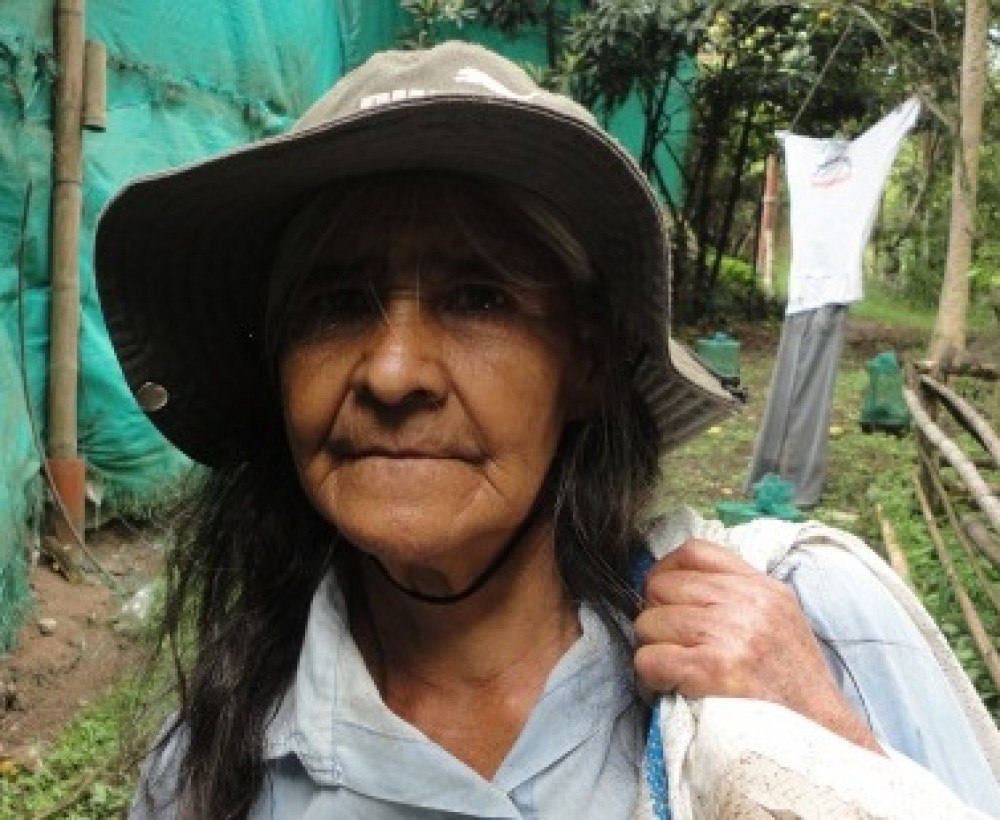Kingdom of Lesotho Local Governance, Decentralization, and Demand-Driven Service Delivery, Volume 1. Main Report
After more than 35 years, the elected
local government system in Lesotho was reestablished in 2005
through the election of the Local Authorities, i.e. the
Community and District Councils (CCs and DCs). Across the
political spectrum, the political will to move forward was
at its peak. An exemplary campaign to educate the entire
population as to the purposes and functioning of the new
Local Authorities, and the electoral process preceded the








